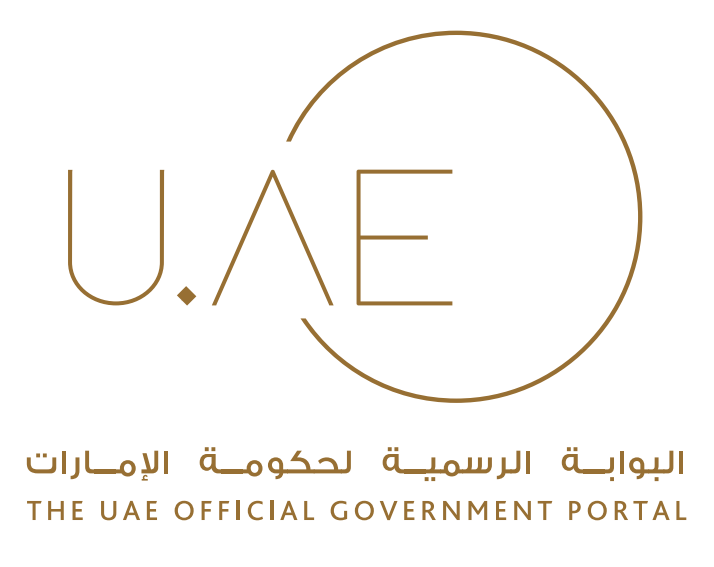Dubai Electricity and Water Authority (DEWA) works to enrich sustainable urban development in Dubai, through the Solar Decathlon Middle East (SDME) 2021 for university students to design solar-powered homes. DEWA also works to establish a new Emirati housing typology combining state-of-the-art technologies and authentic Emirati aesthetics.
DEWA organises the SDME at the Mohammed bin Rashid Al Maktoum Solar Park under the patronage of HH Sheikh Hamdan bin Mohammed bin Rashid Al Maktoum, Crown Prince of Dubai and Chairman of the Executive Council; as part of a partnership between DEWA, the Dubai Supreme Council of Energy, and the US Department of Energy.
HE Saeed Mohammed Al Tayer, MD & CEO of DEWA said that the SDME contributes to achieving the Dubai 2040 Urban Master Plan launched by HH Sheikh Mohammed bin Rashid Al Maktoum, Vice President and Prime Minister of the UAE and Ruler of Dubai, that maps out a comprehensive future map for sustainable urban development in the city. The people-centric Plan is focused on enhancing people’s happiness and quality of life, and reinforcing Dubai’s competitiveness. DEWA organised the SDME for the first time in Middle East and Africa in 2018 and will organise the second SDME this year in conjunction with Expo 2020 Dubai.
“The SDME aligns with the directives of His Highness to unleash youth potential in creativity to become effective partners in achieving sustainable development. This is by encouraging them to design, build, and operate sustainable and smart solar-powered homes. These houses are efficient in terms of cost and energy consumption. They also focus on protecting the environment as well as the climate conditions of the region. Moreover, they support global efforts to limit global warming and climate change,” said Al Tayer.
Innovative projects presented in the SDME use the latest disruptive technologies to build smart and sustainable homes. Team KU from Khalifa University in the UAE is presenting a solar house model with a passive solar building design where windows, walls, and floors are made to collect, store, reflect, and distribute solar energy, in the form of heat in the winter and reject solar heat in the summer. In addition to generating electricity using photovoltaic solar panels, the house relies on the steps of its residents to generate energy. It also provides a smart bicycle to produce energy during exercise. The house features predictive smart self-cooling and cleaning systems for photovoltaic panels, and ambient intelligence technologies that combine Artificial Intelligence (AI) and the Internet of Things (IoT) to monitor the home environment in real time and deal with any change in the environment through sensors for any changes in sound, movement, physiological signals and image processing. This helps control lighting systems, thermostats, curtains, smart maintenance systems etc. The house extracts water from the air, purifies water from the kitchen, cleans, cools and reuses it to irrigate the garden.





.jpg?cx=0&cy=0&cw=370&ch=223&hash=025C570B6D497EAC0C9649C3203AD5F7)



 For an optimal experience please
For an optimal experience please